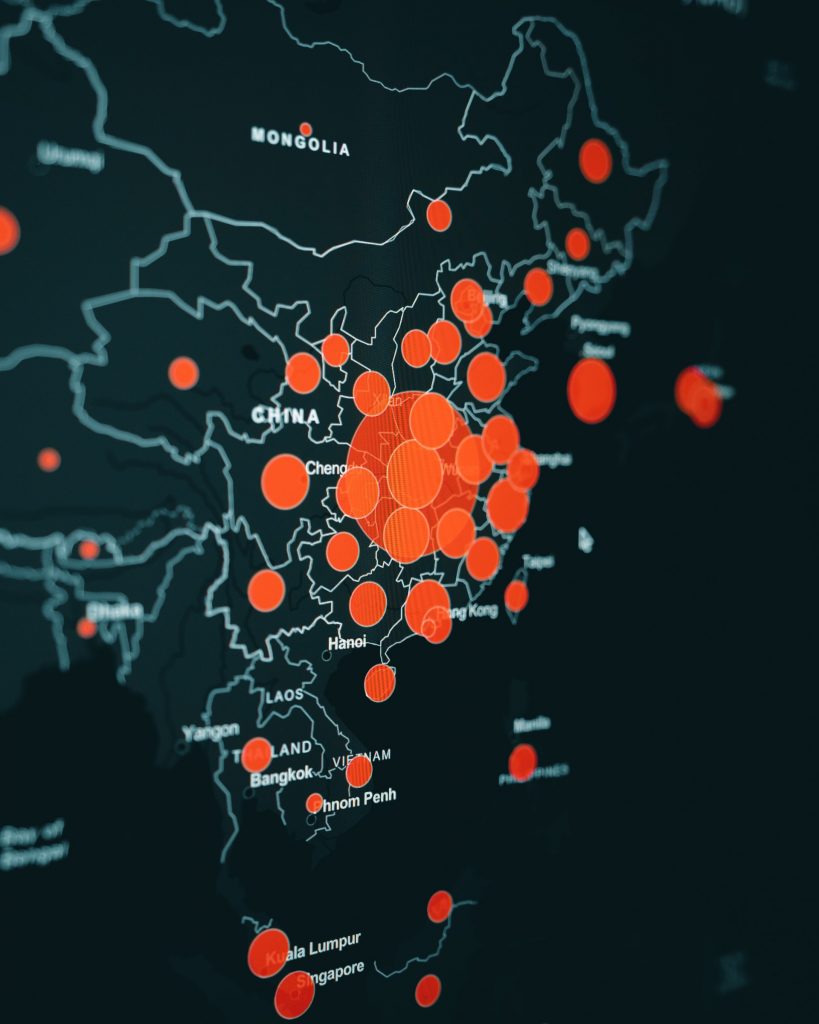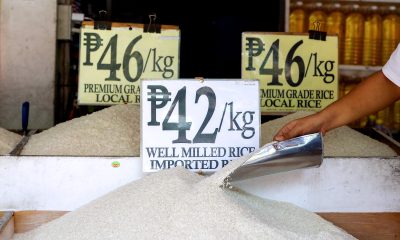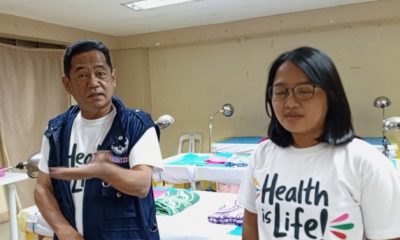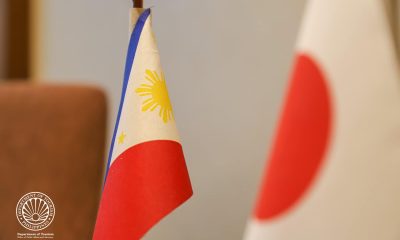News
Evaluate China’s pandemic response using International Health Regulations

Did China meet its responsibilities to report the outbreak in Wuhan province in time? (File photo: Clay Banks/Unsplash)
In order to effectively battle pandemics, countries need to work together. But what mechanisms exist to ensure that this cooperation is forthcoming? The COVID-19 pandemic has further exposed the precarious nature of international cooperation in managing threats to global health security.
At the heart of any examination of the global response to the crisis will be an examination of the role of the World Health Organization (WHO) and, more specifically, the effectiveness of the International Health Regulations (IHR). Did China meet its responsibilities to report the outbreak in Wuhan province in time? Did the WHO communicate this information in a timely manner to the global community so that they could prepare for potential disease transmission across their borders? Did the WHO provide necessary guidance on international travel to help mitigate the spread of the virus? We argue that these disputes need to be addressed and would be best done so under the auspices of the IHR.
The International Health Regulations are the primary documents guiding the global preparedness and response to potential public health emergencies of international concern (PHEICs). They are the laws that require countries to establish core capacities to detect, report and respond to public health threats that emerge within their borders. The regulations specifically require countries to report any threats of potential international concern within 24 hours of assessment. The premise is that preparation, early response and global assistance will help to mitigate the spread of these threats.
While unanimously approved by the World Health Assembly, the regulations have been found wanting in the response to previous threats such as Ebola. Criticisms of the IHR have included lack of enforcement mechanisms and penalties for non-compliance. Further, there is the perception that these regulations do not provide for enough assistance for low- and middle-income countries.
The magnitude of any perceived failure of the IHR with respect to COVID-19 would be substantially greater than in any previous analyses of its utility. A primary criticism of the management of the pandemic was whether China met its reporting obligations under the IHR. Potential earlier reporting and detection of the virus could have resulted in better containment and considerably reduced global human and economic toll.
We believe China’s role in managing the pandemic should be evaluated using the IHR. We specifically believe that there are legitimate questions to be raised as to whether the PRC notified WHO within 24 hours of assessment of public health information, of any potential threats to health which may constitute a public health emergency of international concern according to the IHR. Further, if the PRC had evidence of an unexpected or unusual public health event within its territory, that could have constituted a public health emergency of international concern, it was required to provide to WHO all relevant public health information.
While the WHO originally reported that the PRC government alerted it about novel pneumonia cases on December 31, 2019, it revised its chronology in April to clarify that its own office had received reports about those cases from a web service used to identify unusual health events related to emerging infectious diseases and received information from the PRC government only after two requests for information, on January 3.
The current known timeline is that on December 10, 2019, Wei Guixian, one of the earliest known coronavirus patients, started feeling ill. On December 16, he was admitted to Wuhan Central Hospital with a treatment-resistant infection in both lungs. Staff later learned the patient worked at a wildlife market connected to the outbreak.
Between December 16 and December 27, cases multiplied. On December 27, health officials in Wuhan were told that an unclear cause was behind atypical pneumonia cases, and asked that information about those cases be compiled and transmitted. A New England Journal of Medicine study revealed that of the first 425 patients in Wuhan who became sick between December 10 and January 4, long delays were experienced before admission to hospitals.
Person-to-person spread occurred as early as mid-December, and cases were doubling every seven days from January 11 to January 17, 2020. As early as December 30, 2019, physicians treating (what is now known as) COVID-19 patients were censured or arrested for attempting to report novel aspects of the infections.
Between December 31 and January 15, there appear to have been measures taken at municipal, provincial and national levels in China to both share and suppress information. Chinese researchers mapped the coronavirus’s genetic information by January 2, 2020, and posted that information on a publicly available genetic data repository on January 9, 2020. On January 14, WHO tweeted that Chinese authorities had seen “no clear evidence of human-to-human transmission of the novel coronavirus.”
Whatever the ultimate determination as to material breaches committed either by the PRC or by the WHO, the International Health Regulations provide the mechanisms by which those breaches may be addressed. In the event of a dispute between two or more state parties, they must seek in the first instance to settle the dispute through negotiation or any other peaceful means of their own choice. If negotiation fails, the parties may agree to refer the dispute to the WHO director general, who shall make every effort to settle it.
Or, the state parties may also submit the dispute to arbitration conducted in accordance with the Permanent Court of Arbitration Optional Rules for Arbitrating Disputes. The state parties that have agreed to accept arbitration as compulsory shall accept the final award as binding.
As the regulations are inevitably re-evaluated, we believe a critical step to determine their value and utility will be determining success in addressing disputes about any fulfillment of responsibilities by countries that could have contributed to worse health and economic consequences from the pandemic.
A longer version of this piece can be found in Vulnerable: The Law, Policy and Ethics of COVID-19, edited by Colleen M Flood, Vanessa MacDonnell, Jane Philpott, Sophie Thériault and Sridhar Venkatapuram, out now and available open access from University of Ottawa Press.
This article is part of the Addressing Vulnerabilities for a More Equitable Pandemic Response special feature.
This article first appeared on Policy Options and is republished here under a Creative Commons license.





















